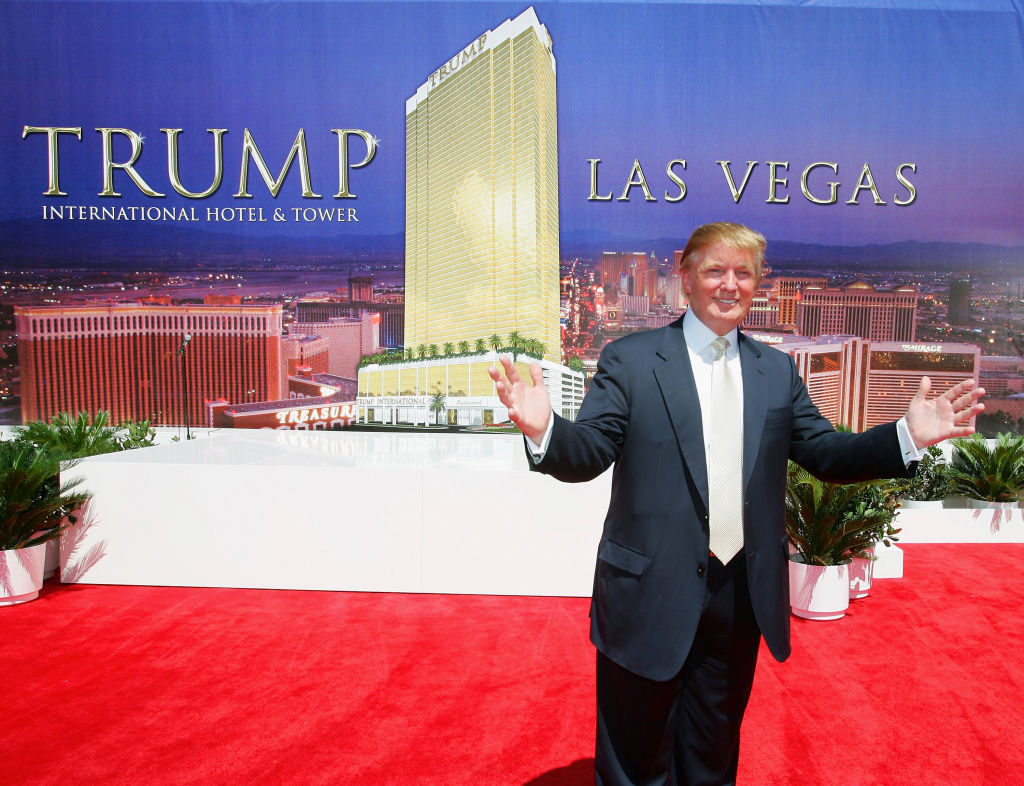Trump received $21 million in 'highly unusual' payments in late 2016 — and then funneled $10 million to his campaign


A free daily email with the biggest news stories of the day – and the best features from TheWeek.com
You are now subscribed
Your newsletter sign-up was successful
President Trump's tax returns may reveal just where a sudden influx of cash in late 2016 came from.
The New York Times obtained a slew of Trump's hidden tax records, including his returns from 2016, the year he won the presidency. They reveal a series of "highly unusual one-off payments" totaling $21 million from Trump's Las Vegas hotel, which he may have funneled to his cash-strapped campaign, the Times reports.
As Trump ran his so-called self-funded presidential campaign, he found himself short on money as Republican donors remained "leery" of supporting him, the Times writes. Deutsche Bank even denied him a loan for his Scotland resort, as "some bankers feared the money would instead be diverted to his campaign," says the Times. The wealth Trump had accumulated from The Apprentice was also starting to run dry.
The Week
Escape your echo chamber. Get the facts behind the news, plus analysis from multiple perspectives.

Sign up for The Week's Free Newsletters
From our morning news briefing to a weekly Good News Newsletter, get the best of The Week delivered directly to your inbox.
From our morning news briefing to a weekly Good News Newsletter, get the best of The Week delivered directly to your inbox.
So Trump turned to selling off stock — $38.5 million of it — over the first four months of 2016, his tax records show. Also during that year, the Times reports Trump "engineered a sudden financial windfall" in the form of payments from the Las Vegas hotel he owns with Phil Ruffin. The $21 million in payments flowed from Trump-controlled companies to Trump, all written off as a business expense.
If they didn't actually get used for business, Daniel Shaviro, a professor of taxation at the New York University School of Law, told the Times that claiming a deduction for them as such would be illegal. There's even more legality in question if Trump used that money for his campaign; He contributed $10 million to it out of nowhere on Oct. 28, sparking questions of just where that money came from. Read more at The New York Times.
A free daily email with the biggest news stories of the day – and the best features from TheWeek.com
Kathryn is a graduate of Syracuse University, with degrees in magazine journalism and information technology, along with hours to earn another degree after working at SU's independent paper The Daily Orange. She's currently recovering from a horse addiction while living in New York City, and likes to share her extremely dry sense of humor on Twitter.
